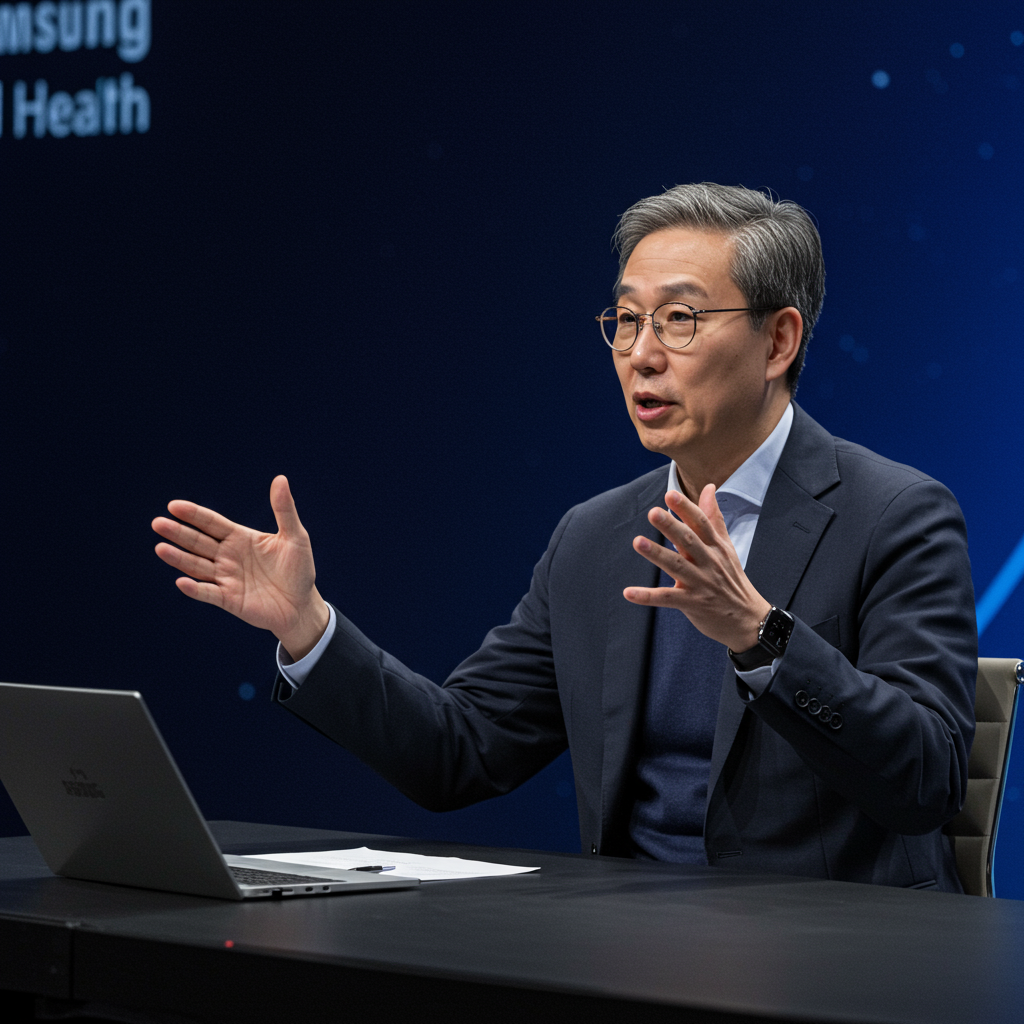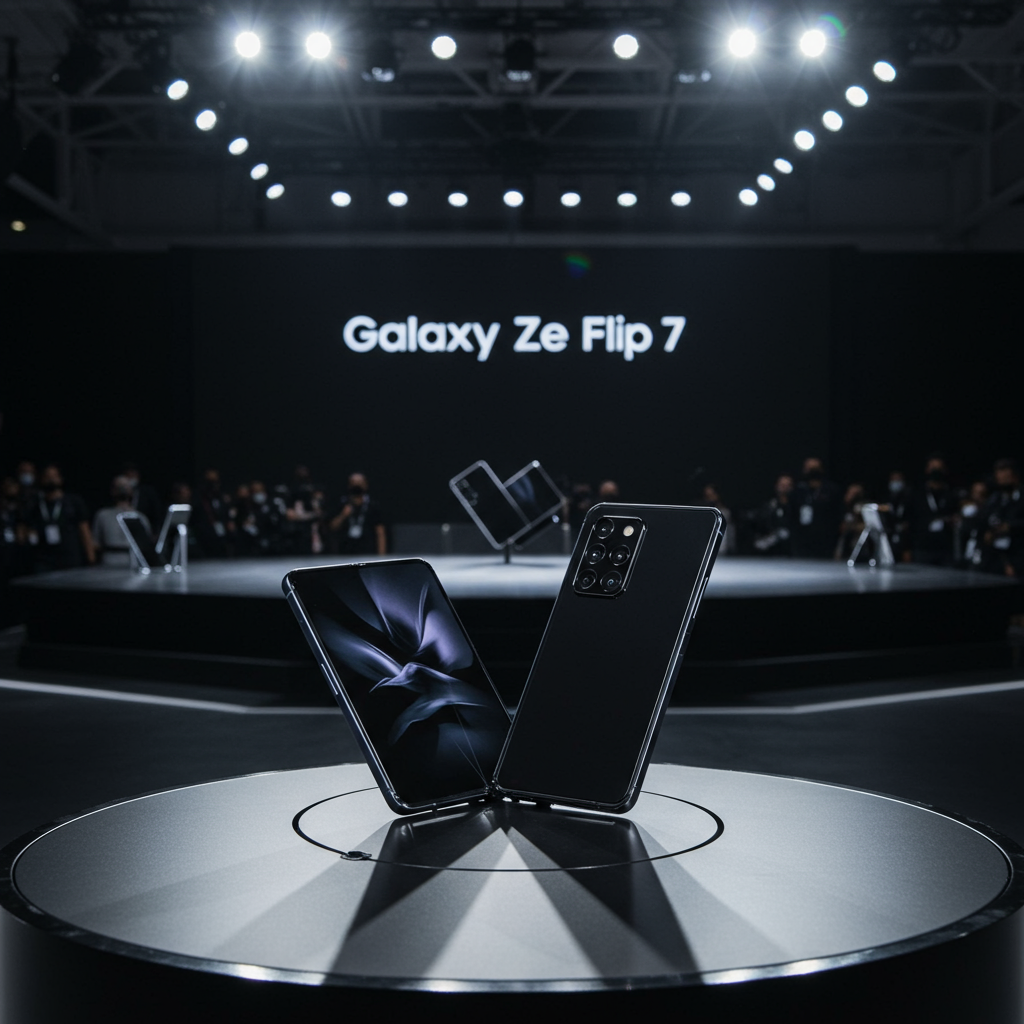Samsung is setting its sights on a significant piece of the burgeoning digital health market, strategically focusing on the needs of an aging population as healthcare costs are projected to climb. This move is seen as a core part of the company’s plan to challenge Apple’s dominance in the competitive wearable technology space.
Hon Pak, vice president and head of Samsung’s digital health team for its mobile business, highlights the convergence of factors driving this strategy: an aging demographic, rising prevalence of chronic diseases, and increasing healthcare expenses. These pressures are shifting more care responsibilities into the home, a space where Samsung already has a significant presence through its array of appliances and entertainment devices.
Challenging Apple in Wearables
While Samsung holds the top spot globally in smartphone market share, it faces a steeper climb in smartwatches. Data from IDC in early 2025 showed Apple commanding roughly 20% of the global market, compared to Samsung’s approximate 6%. Experts like IDC research manager Jitesh Ubrani note Apple’s success in positioning the Apple Watch as an almost “must-have” smartphone companion.
To differentiate itself, Samsung is emphasizing a focus on preventative health advice, aiming to help users adopt healthier habits like better diet and sleep before chronic conditions develop. This proactive approach mirrors that of smaller competitors like smart ring maker Oura and is increasingly being emulated by other tech giants.
Advanced Health Tracking on the Wrist
Samsung’s latest smartwatch updates and hardware underpin this health-centric strategy. Beyond foundational tracking, new features are designed to offer deeper insights:
Antioxidant Estimation: A novel feature uses LED lights to estimate skin levels of beta carotene, an antioxidant found in nutrient-rich foods like carrots and spinach. While not a direct measurement of vegetable intake, this aims to give users a proxy for their antioxidant status. Clinical trials involving blood level comparisons reportedly support its estimation capability.
Sleep Apnea Detection: A significant advancement arriving on the latest models is FDA-approved sleep apnea detection, putting Samsung’s sleep tracking on par with medical-grade hardware.
Biological Aging (AGEs Index): In beta, a new AGEs Index metric aims to provide users with an estimate of their biological aging risk.
Enhanced Sleep Metrics: Building on comprehensive sleep tracking (stages, score, heart rate, respiratory rate, blood oxygen, temperature, snoring), a new ‘Energy Score’ feature offers a readiness metric akin to those seen on other advanced trackers, helping users understand their recovery status.
- Fitness Guidance: Updates include personalized bedtime recommendations and a ‘running coach’ feature that creates tailored training programs, aligning with the trend of smartwatches offering guided fitness.
- abc17news.com
- kesq.com
- abc17news.com
- kion546.com
- www.phonearena.com
The newest hardware models also feature a powerful 3nm Exynos processor for snappy performance and a remarkably bright 1.5-inch AMOLED display, reaching up to 3,000 nits peak brightness for excellent visibility. Dual-band GPS is included for improved location accuracy, especially in urban environments. Design-wise, the latest premium models adopt a 47mm titanium “squircle” design with a customizable Quick Button, though the increased size and weight, alongside the omission of Samsung’s signature physical rotating bezel, have been noted as potential drawbacks by some reviewers.
Beyond the Watch: Future Health Tech
Samsung’s vision extends beyond smartwatches. The company is reportedly developing an AI-powered health chatbot. Looking further out, AI-integrated smart glasses are envisioned as tools for advanced health monitoring, such as analyzing meals in real-time for nutritional content, eating speed, or potential allergens by leveraging AI models.
Despite the ambitious health push, Samsung faces a key challenge: its smartwatches are not compatible with iPhones. This limitation is significant given Apple’s large share of the smartphone market and wearable adoption. While Samsung discontinued iPhone compatibility years ago, reportedly to bolster loyalty to its own ecosystem, discussions about potential future compatibility remain open, according to Pak.
Ultimately, Samsung is betting on its deep integration into the home and increasingly sophisticated health features – from preventative advice to advanced detection like sleep apnea and biological aging risk – to carve out a larger space in the digital health market and intensify its competition with Apple.




